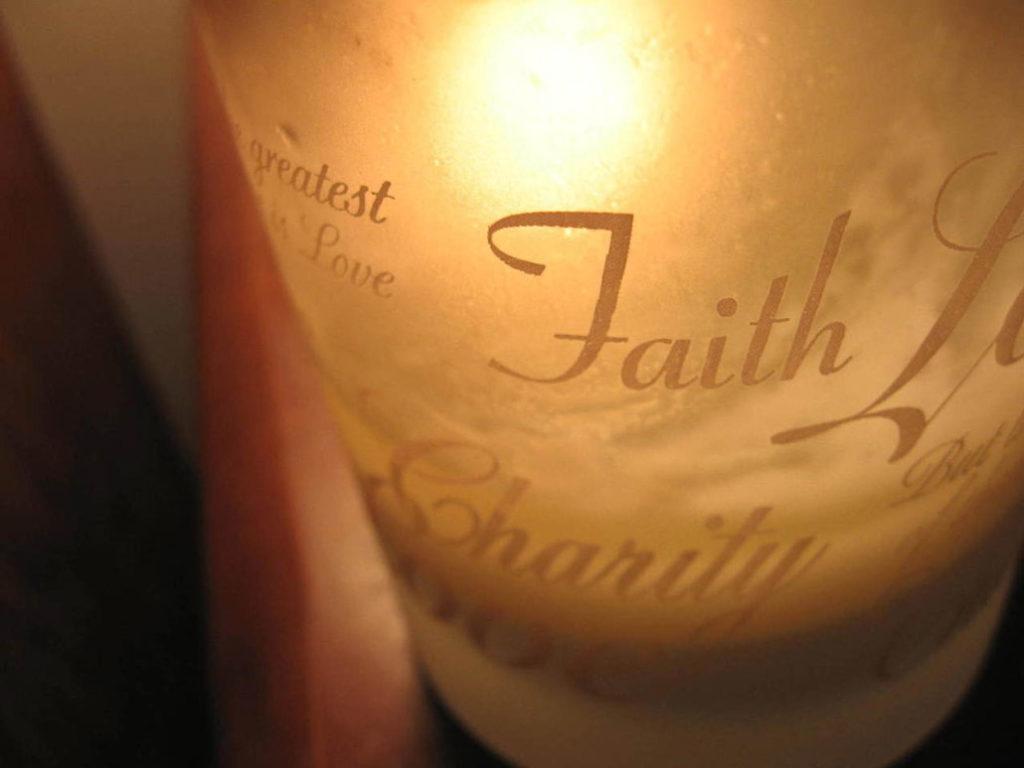Call Us
470.701.6793
Spiritual Integration
Home / Spiritual Integration
What is Pastoral Counseling?

“Pastoral Counselors are ministers or persons endorsed by a religious faith group who are also mental health professionals. They have received specialized graduate training in both religion and the behavioral sciences and practice the integrated discipline of pastoral counseling…
Pastoral counseling represents a major national resource for community mental health services, both therapeutic and preventive. This is because religious communities are one of the principal gateways for those seeking relief from human suffering, including mental and emotional illness, drug and alcohol abuse, family conflict, depression and suicide, child and spousal abuse, juvenile delinquency, and other societal problems of our day. Pastoral counseling has now become a major provider of mental health services in this country, accounting for over 3 million hours of treatment annually in both institutional and private settings, offering individual, group marital, and family therapy.
Pastoral counseling is also recognized as a national mental health resource in the public’s preference for a spiritually oriented modality of treatment as demonstrated by a 1992 Gallup Poll. This survey showed that 66 percent preferred a professional counselor who represented spiritual values and beliefs, and 81 percent preferred to have their own values and beliefs integrated into the counseling process.
Pastoral Counselors possess a depth of training that is significantly beyond that of many other mental health professionals of the core disciplines. Theirs is a discipline which maintains the natural connection between the physical, mental, and spiritual dimensions. It is now recognized across the mental health field that this connection fosters a sound and lasting foundation for treatment of the whole person. Moreover, Pastoral Counselors have successful treatment rates equal to those of the highest quality of mental health services.”
(Excerpt Source: Pastoral Counseling: A National Mental Health Resource, Executive Summary)
“Pastoral psychotherapists work with the classified mental and emotional disorders and utilize a variety of forms of psychotherapy with the disciplined integration of relevant theological and spiritual perspectives. Pastoral Counselors either practice through pastoral counseling centers, hospitals, clinics, prisons, universities, religious settings, or are in private practice. In whatever setting, they draw faith and strength from their participation in the faith group and congregation with which they are affiliated.
Pastoral counseling, offering a modality of treatment which maintains the natural connection between the physical, mental, and spiritual dimensions, believes that this connection fosters a sound and lasting foundation for mental health treatment of the whole person. In this awareness of the spiritual dimension in human wholeness, Pastoral Counselors stand in good company…Pastoral counseling is particularly responsive to these people in integrating the spiritual and psychological dimensions of human experience and attending to the values and beliefs of the client.
Studies suggest that many mental health professionals in other disciplines are beginning to develop the religious dimensions in their own work. They are recognizing as never before the power of spiritual commitment creatively used in the healing process. The ever-growing interaction and collaboration between Pastoral Counselors and the larger mental health field is helping to bring this about. Richard Simon, Ph.D., editor of the Family Therapy Networker, stated in a recent article that “the rigid divorce between spirituality and psychotherapy may no longer be necessary, that the two are more compatible than we once thought.” Pastoral counseling has matured rapidly as a behavioral discipline and continues to gain increasing acceptance as a core mental health discipline.”
(Excerpt Source: Pastoral Counseling: A National Mental Health Resource, Executive Summary)

